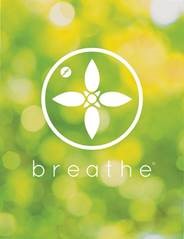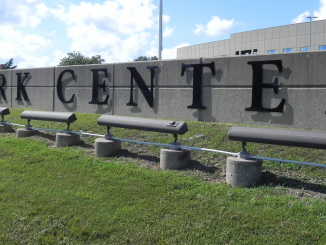
We are experiencing times of uncertainty and stress, but with self-care – and care for each other – we can get through this stronger than ever. Self-care is an essential component of your well-being and can help you feel at ease and be resilient. Many are finding mindful meditation to be helpful.
Mindful meditation has the power to reverse the negative effects of stress. Meditation trains the mind the way physical exercise strengthens our bodies. With training, we can prime our brain cells to fire together in patterns that strengthen vital nervous system structures that are key in everyday tasks, such as decision making, memory, and emotional flexibility. At the same time, crucial components of happiness – resilience, equanimity, calm, and a sense of compassionate connection to others – are nurtured.
Breathing is an integral component of mindful meditation. The practice of meditation provides downtime to rest physically and mentally while also focusing on total well-being. Balance is key to helping us feel more composed and resilient in response to daily life-work challenges. We can’t control difficult encounters, but we can control how we respond to them. Mindfulness (the quality or state of being conscious or aware of something) provides the foundation we need to weather the stressors and flourish.
In 2017, Freeman’s Health Energy and Life at Work (HEAL) Team created the CALM campaign to help employees combat work-related stress. Visit our Mind Your Well-Being Resource Page to learn how to take a one-minute breather and bring the CALM Campaign to your workforce.
Submitted by:
Kris Drake, RN, CHPD
Freeman Health System Wellness Coordinator
The Chamber organizes and deploys the business community through six work groups to improve livability. These work group are co-chaired by young professions from YPN, but are open to the entire chamber membership to join and serve. Learn more and sign up for a livability work group here.







Be the first to comment